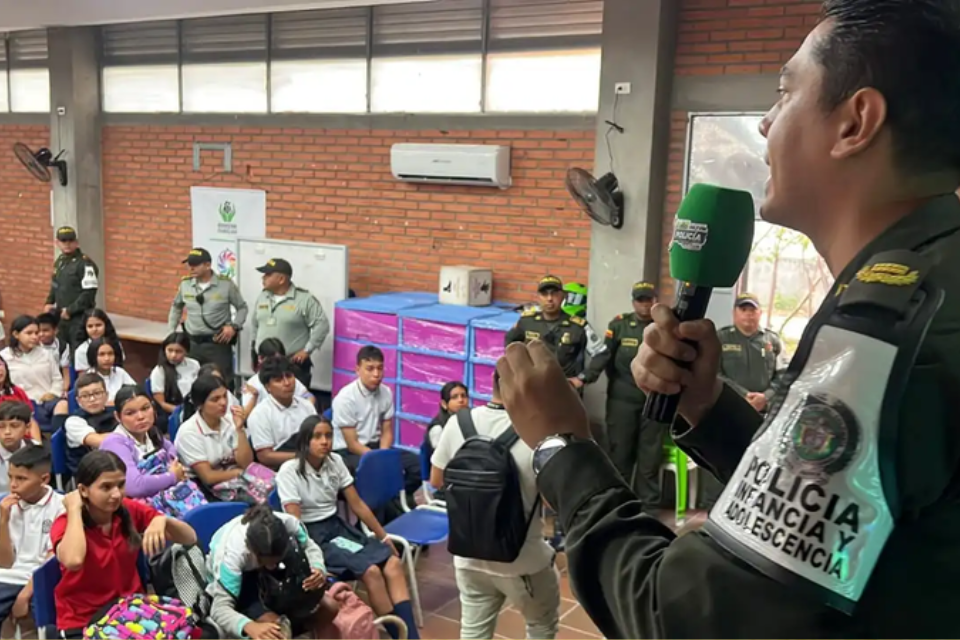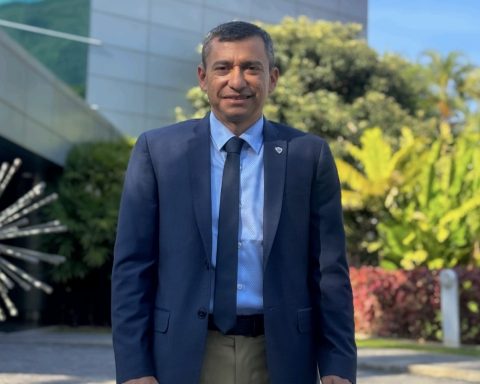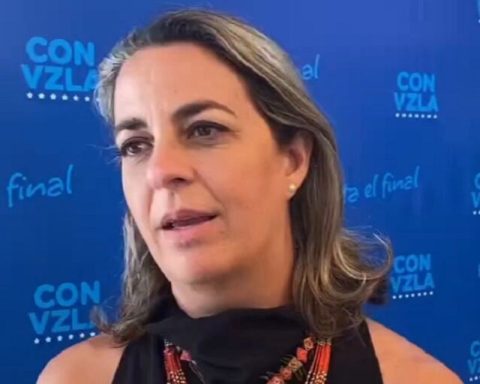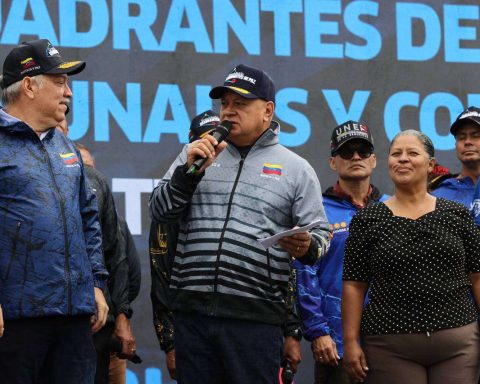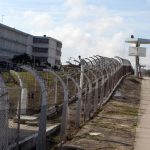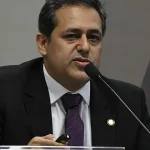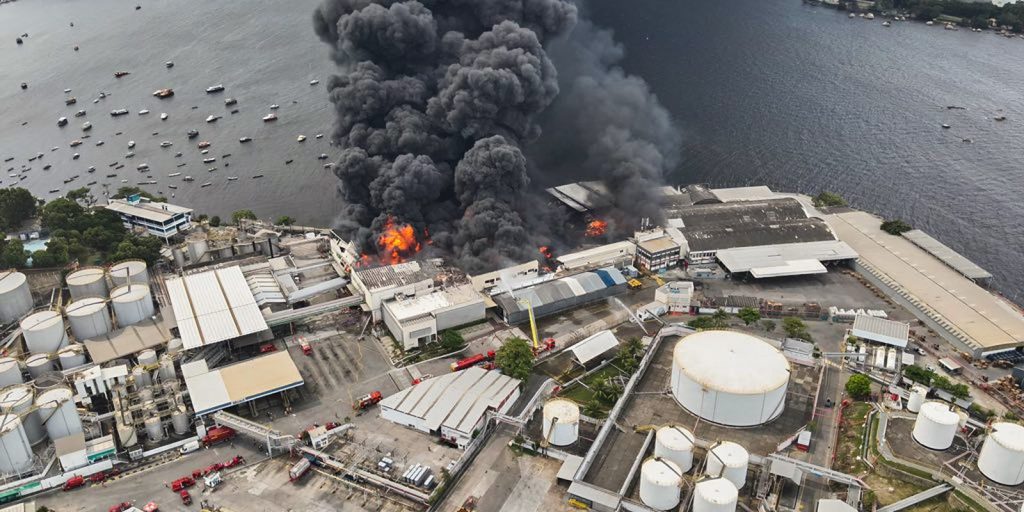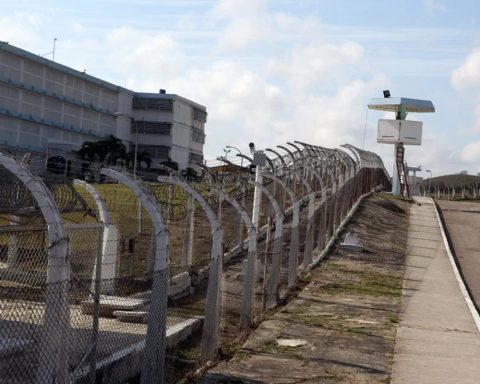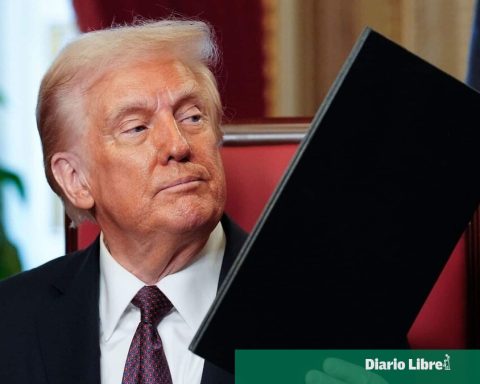In Cúcuta, about 2,200 Venezuelan children, who reside in the Pedro María Ureña border municipality, attend the public schools of the capital of Nortesantandeana. There they receive the same benefits as a Colombian child and look for alternatives so that there is no dropout
Text: Jonathan Maldonado / The nation
In the classrooms of the municipalities of Cúcuta and Villa del Rosario, more than 7 thousand Venezuelan children are counted, most of them reside in the Jurisdictions Bolívar and Pedro María Ureña.
The mayor of Villa del Rosario, Camilo Suárez, pointed out that only in the institutions of the town that runs more than 5,000 Venezuelan children, whose residence area is San Antonio del Táchira and in the parishes El Palotal, Juan Vicente Gómez and Isaías Medina Angarita.
In Cúcuta, about 2,200 Venezuelan children, who reside in the Pedro María Ureña border municipality, attend the public schools of the capital of Nortesantandeana. There they receive the same benefits as a Colombian child and look for alternatives so that there is no dropout.
In the early morning, dozens of children go from Monday to Friday the international bridges Simón Bolívar and Francisco de Paula Santander.
*Also read: #Forochat | What are the challenges facing education and educators in 2025?
Representatives have tried that the transport offered by Colombia for the transfer of students, crossing Venezuela, but for legal matters it has not been achieved. Perhaps it is necessary a little more will from the two countries.
Most parents make the effort for children to form in Colombia, in view of the fact that classes are seen every day and teachers are concentrated only in their work to teach, not in “multiple trades” as happens in Venezuela by The vocquisitive power of the teacher.
The registration of the megacolegio of the border, located at the stop, is integrated into a large percentage by Venezuelan children. In these facilities, emphasis has been placed on educational integration, such as the essence of binational zone.
*Journalism in Venezuela is exercised in a hostile environment for the press with dozens of legal instruments arranged for the punishment of the word, especially the laws “against hatred”, “against fascism” and “against blockade.” This content is being published taking into account the threats and limits that, consequently, have been imposed on the dissemination of information from within the country.
Post views: 184
